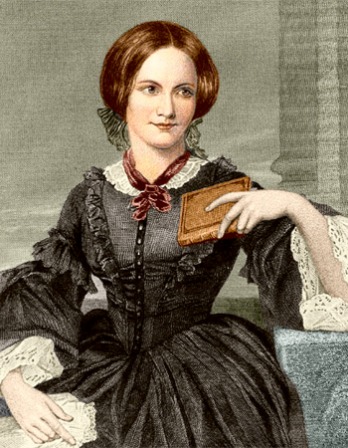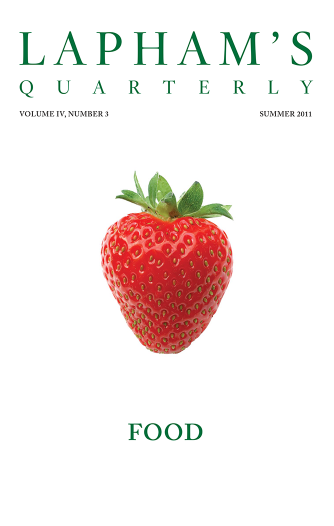In every ill turn of fortune, the most unhappy sort of unfortunate man is the one who has been happy.
—Boethius, 520Words to the Wise
Robert Burton on finding a middle emotional ground.
“Every man,” says Seneca, “thinks his own burden the heaviest,” and a melancholy man above all others complains most. Weariness of life, abhorring all company and light, fear, sorrow, suspicion, anguish of mind, bashfulness, and those other dread symptoms of body and mind must needs aggravate this misery. Yet compared to other maladies, they are not so heinous as they be taken.
For first this disease is either in habit or disposition, curable or incurable. If new and in disposition, ’tis commonly pleasant, and it may be helped. If inveterate, or a habit, yet they have lucida inlervalla [lucid intervals], sometimes well, and sometimes ill; or if more continuate, as the Veientes were to the Romans, ’tis hostis magis assiduus quam gravis, “a more durable enemy than dangerous”; and among many inconveniences, some comforts are annexed to it. First, it is not catching, and as Erasmus comforted himself when he was grievously sick of the stone, though it was most troublesome, and an intolerable pain to him, yet it was no whit offensive to others, not loathsome to the spectators, ghastly, fulsome, terrible, as plagues, apoplexies, leprosies, wounds, sores, tetters, pox, pestilent agues are, which either admit of no company, terrify or offend those that are present. In this malady, that which is, is wholly to themselves, and those symptoms not so dreadful if they be compared to the opposite extremes. They are most part bashful, suspicious, solitary, etc., therefore no such ambitious, impudent intruders as some are, no sharkers, no coney catchers, no prowlers, no smell feasts, praters, panders, parasites, bawds, drunkards, whoremasters; necessity and defect compel them to be honest; as Micio told Demea in the comedy, Haec si neque ego neque tu fecimus, / Non sivit egestas facere nos: “If we be honest, ’twas poverty made us so”; if we melancholy men be not as bad as he that is worst, ’tis our dame Melancholy kept us so: non deerat voluntas sed facultas [not the will but the power was wanting].
Besides, they are freed in this from many other infirmities, solitariness makes them more apt to contemplate, suspicion wary, which is a necessary humor in these times, nam pol qui maxime cavet, is saepe cautor captus est, “he that takes most heed is often circumvented and overtaken.” Fear and sorrow keep them temperate and sober and free them from any dissolute acts, which jollity and boldness thrust men upon. They are therefore no sicarii, roaring boys, thieves, or assassins. As they are soon dejected, so they are as soon, by soft words and good persuasions, reared. Wearisomeness of life makes them they are not so besotted on the transitory vain pleasures of the world. If they dote in one thing, they are wise and well understanding in most other. If it be inveterate, they are insensati, most part doting, or quite mad, insensible of any wrongs, ridiculous to others, but most happy and secure to themselves. Dotage is a state which many much magnify and commend: so is simplicity, and folly, as he said, Hic furor, o superi, sit mihi perpetuus [with this madness I pray the gods I may ever be afflicted]. Some think fools and dizzards live the merriest lives, as Ajax in Sophocles, Nihil scire vita jucundissima, “ ’tis the pleasantest life to know nothing”; iners malorum remedium ignorantia, “ignorance is a downright remedy of evils.” These curious arts and laborious sciences, Galen’s, Tully’s, Aristotle’s, Justinian’s, do but trouble the world, some think; we might live better with that illiterate Virginian simplicity, and gross ignorance; entire idiots do best, they are not macerated with cares, tormented with fears and anxiety, as other wise men are; for as he said, if folly were a pain, you should hear them howl, roar, and cry out in every house as you go by in the street, but they are most free, jocund, and merry, and in some countries, as among the Turks, honored for saints, and abundantly maintained out of the common stock. They are no dissemblers, liars, hypocrites, for fools and madmen tell commonly truth. In a word, as they are distressed, so are they pitied, which some hold better than to be envied, better to be sad than merry, better to be foolish and quiet, quam sapere et ringi, “[than] to be wise and still vexed”; better to be miserable than happy: of two extremes it is the best.

Robert Burton
From The Anatomy of Melancholy. The first edition of Anatomy—which Burton claimed to have written to relieve his own melancholy—appeared in 1621 to popular acclaim. “In the multitude of wisdom is much grief,” he quotes from Ecclesiastes, “and he that increaseth wisdom, increaseth sorrow.” The clergyman issued five further revisions of the text before his death in 1640. “For Burton,” wrote William Gass, “learning is the disease that will cure his other ailments the way consolidating your debts will bring due only one—still crushing—lump-sum payment.”




